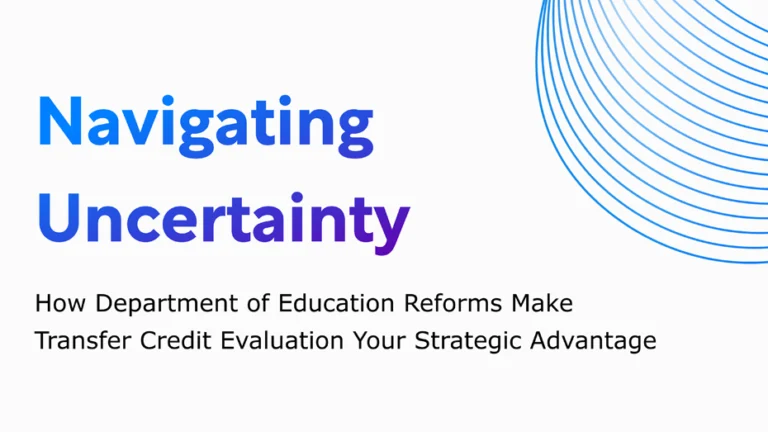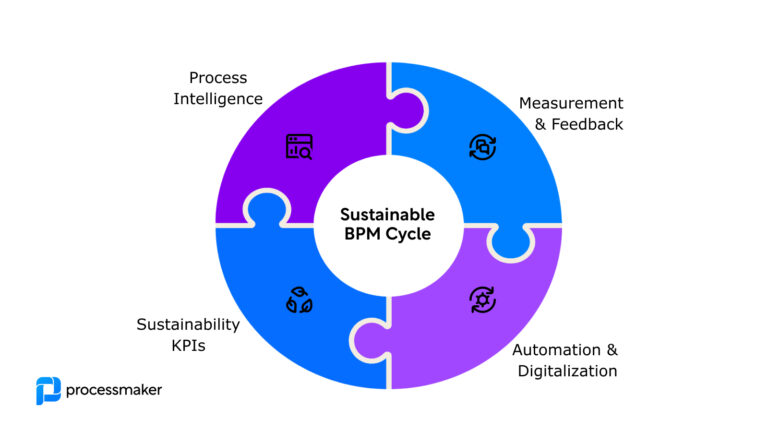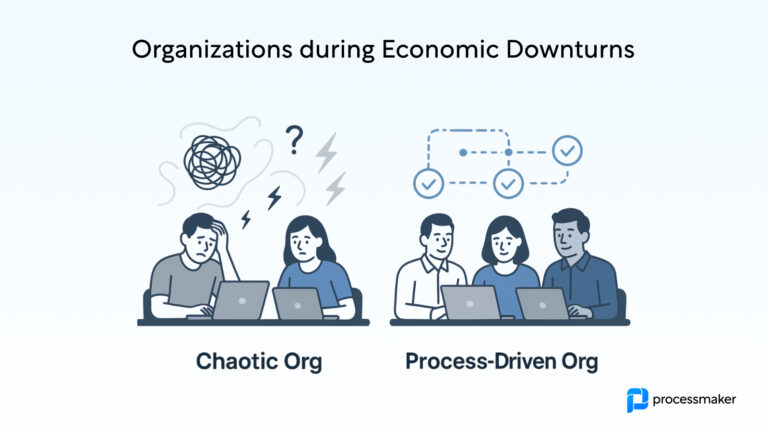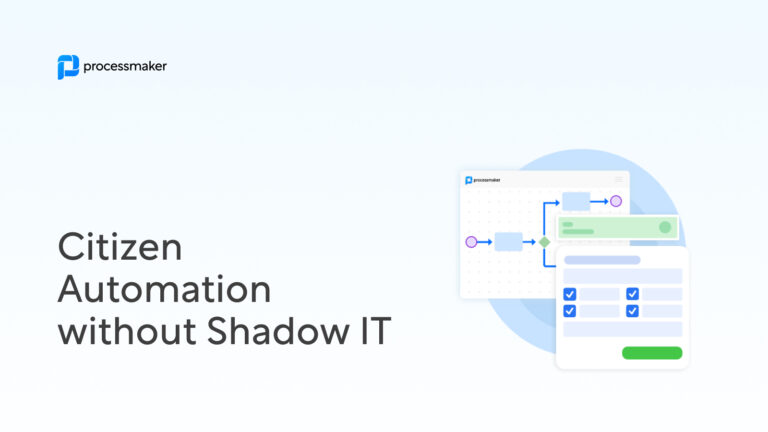Artificial intelligence (AI) is leading the front of the digital transformation strategy in finance today. Using AI to improve core banking operations and tailor services will deliver over $250 billion in value across the industry, according to the McKinsey Global Institute. Between voice assistants, chatbots, process automation, and predictive analytics, financial services are indeed getting a major makeover.
This is just the beginning. As we step into a new decade soon, let’s discuss the impact of AI on finance, how that affects consumers and businesses, and how AI will change the financial services sector in the future.
A brief history of digital financial services
Traditionally, financial services consisted of brick-and-mortar banks. The evolution of online banking started in the 1980s. It wasn’t until 1994 when Stanford Federal Credit Union became the first financial institution in the United States to offer internet banking to all of its customers. Not even a year later, Presidential Bank became the first bank in the country to offer customers access to their accounts online. By 2006, over 80% of banks offered Internet banking.
Since the mid-1990s, financial services have come a long way. The most widespread trend in the banking industry today is the shift to digital, specifically mobile app banking and digital banks. In an era marked by convenience and speed, customers don’t want to waste their time going to a branch. This rings true of Millennials and Generation Z, who both account for the majority of the workforce now.
This digital transformation has led to increased competition from neobanks (digital-only banks) like Varo and Chime, along with the consolidation of startups and smaller banks. In 2018, FinTech funding reached $32.6 billion by the end of Q3. That’s up 82% from $17.9 billion in 2017, according to CB Insights.
Even tech companies like Google are beginning to penetrate consumer banking. This further crowds an already volatile market. How are these companies staying ahead of the competition? The answer lies in AI.
The impact of AI in finance
Financial services have recognized the potential of AI. Analysts and experts estimate that AI will save the banking industry roughly $1 trillion by 2030. According to Narrative Science, 32% of the participating banks in their 2018 report are already incorporating predictive analytics, recommendation engines, voice recognition, and response times in their processes.
The new wave of innovation is focusing on the customer experience. On the front end, conversational AI like chatbots is also becoming more mainstream. On the back end, process automation, task automation, and algorithmic analytics offer many benefits to uplifting finance. Now, robots are slashing the need for employees. In fact, Gartner reports that robotic process automation (RPA) costs one-third the amount of an offshore employee and one-fifth of the amount of an onshore employee. RPA is a rule-based system that automates repetitive tasks, technically has no intelligence, although it is commonly found under the greater AI umbrella.
In finance, machine learning makes up the bulk of artificial intelligence efforts today, although automation also plays a huge role in banks too. Machine learning brings several benefits to revamping the financial sector, particularly related to helping banks collect, organize, and analyze the mounds of data in financial services. Machine learning is a subset of artificial intelligence that allows computers to learn from data without programming from humans.
Voice recognition is another intelligent feature that has enabled customers to perform banking activities by voice command. Natural Language Processing (NLP) is the technology behind making this happen, consistently powering virtual assistants (also known as augmented agents) and chatbots like Capital One’s Eno.
The use cases of AI in finance
Below are five use cases for AI in the financial services sector:
- Customer Service. The perks of using a virtual assistant like Eno is the amount of time the technology saves during customer support. Voice assistants like Siri and Alexa help people get more done, adding to the flexibility of an omnichannel experience. Using built-in chatbot and artificial intelligence technology, banking professionals can guide customers through different touchpoints of the buyer’s journey, capitalizing on rapid response times and personalization of the customer experience.
- Fraud and anti-money laundering (AML). Algorithms analyze the history of risk cases and identify early signs of potential future issues. AI in finance is a powerful ally when it comes to analyzing real-time activities in any given market or environment. AI can drive significant efficiencies in operations like Know Your Customer (KYC) verification procedures and transaction monitoring controls through machine learning and automating formerly manual workflows.
- Compliance. Failing to have proper processes, security measures, and central repositories in place can result in cyberattacks, information leaks, and legal action. This is because banks are required to meet strict regulatory requirements. By automating the flow of information between parties, data is transferred securely and quickly on one centralized platform. Each stakeholder is notified and part of the transaction and approval processes, removing the likelihood of human error and missed deadlines. Process automation can integrate with AI and RPA to help banks meet ever-changing policy shifts.
- Risk management. Credit scoring provided by AI is based on more complex and sophisticated rules compared to those used in traditional credit scoring systems. AI helps lenders distinguish between high-default risk applicants and those who are credit-worthy yet lack an extensive credit history. This largely relies on predictive analytics and natural language processing to determine alternative credit risk score models.
- Lending. Managing each touchpoint of the lending lifecycle has traditionally been manual and paper-intensive. Many banks today are turning to AI and process automation to digitize these processes, along with gaining a greater understanding of customer profiles based on data analytics. Processes like pre-screening, application processing, underwriting, and disbursal can be automated across a wide range of loan products.
The future of finance
The finance sector is seeing radical transformation. Deloitte reports that “the economic fundamentals are strong, the regulatory climate is favorable, and transformation technologies are more readily accessible, powerful… than ever before.”
What can we expect in the future? There are high hopes for increased transactional and account security, especially as the adoption of blockchain and cryptocurrency expands. Blockchain will become part of the core business platform, enabling transactional transparency across a wide variety of business functions. In turn, this might drastically reduce or eliminate transaction fees as a result of removing the “middleman” in transactions.
Digital assistants and apps will continue to perfect themselves with improvements in cognitive computing like deep learning. Managing personal finances will then be easier, especially as robots continue to do the heavy lifting of the day-to-day. Consumers and employees alike can focus on what really matters, like longer-term decision-making and strategy.
Financial services are changing as we know it. Is your bank prepared to handle the new challenges of tomorrow? Read more about how ProcessMaker has helped banks stay ahead of the competition with process automation by downloading our latest banking solution brief.
About ProcessMaker
ProcessMaker is a low-code business process management and workflow software. ProcessMaker makes it easy for business analysts to collaborate with IT to automate complex business processes connecting people and existing company systems. Headquartered in Durham, North Carolina in the United States, ProcessMaker has a partner network spread across 35 countries on five continents. Hundreds of commercial customers, including many Fortune 100 companies, rely on ProcessMaker to digitally transform their core business processes enabling faster decision making, improved compliance, and better performance.





